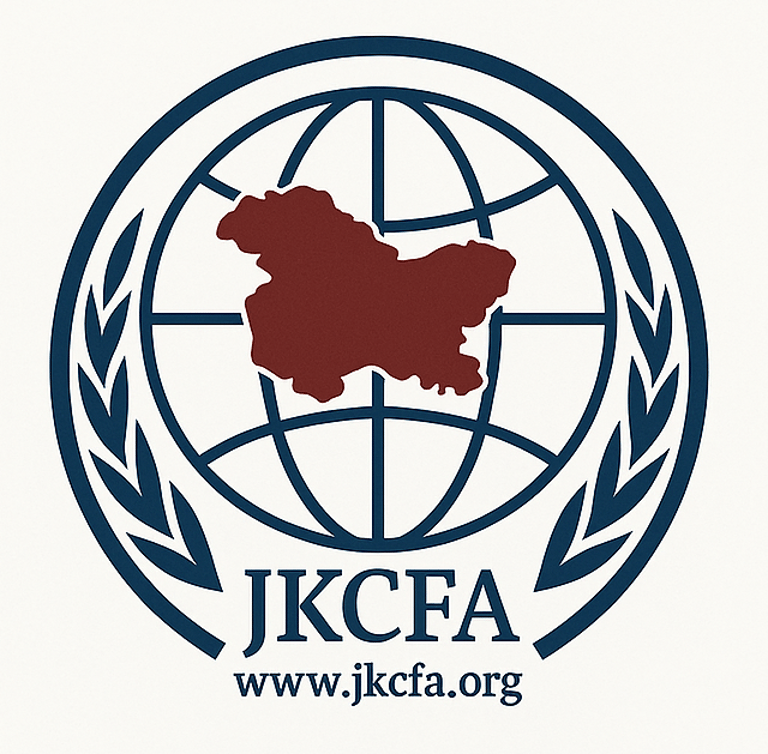Policy Briefs
Dive into expert analysis, urgent updates, and rights-based policy recommendations from the Jammu & Kashmir Council on Foreign Affairs.
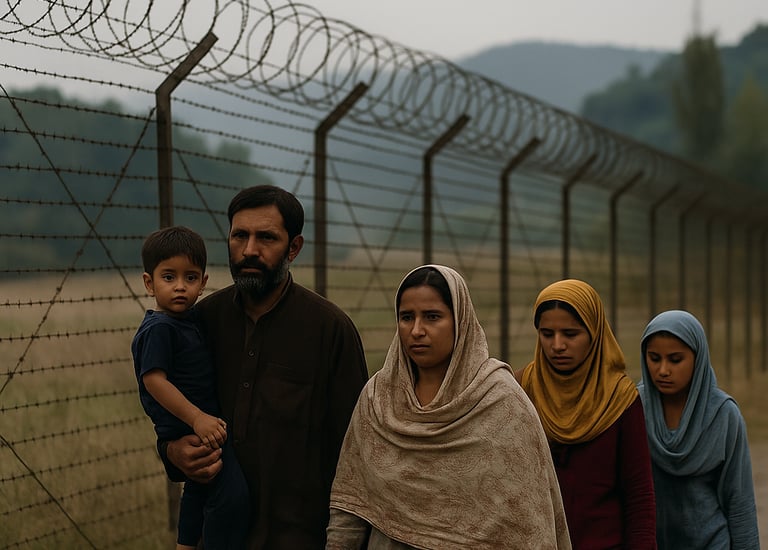

A May 2025 briefing from JKCFA highlighting forced deportations, treaty violations, and cross-Ceasefire Line escalations impacting civilians. Urgent calls made to the UN and international partners.
Since 1947, conflicts over the former princely state have cost countless lives, displaced families, and bred a siege mentality that stifles voices of moderation. Traditional diplomacy has treated Jammu and Kashmir like a problem to be “settled”—with ceasefires, plebiscites, or blanket integration into India or Pakistan. Yet none of these stopgap measures has healed decades of distrust or addressed the deep wounds of identity, rights abuses, and power imbalances.
The enduring Jammu and Kashmir conflict underscores the urgent need for a transformative, process-driven approach grounded in the principles of the United Nations Charter (1945). A lasting resolution must go beyond one-off settlements to meaningfully confront entrenched historical grievances, identity-based tensions, and asymmetries of power. This calls for sustained engagement through multilateral mechanisms that integrate legal adjudication, structured mediation, human security monitoring, and inclusive, community-led institution-building efforts. This Jammu Kashmir Council on Foreign Affairs (JKCFA) position paper proposes a framework for peaceful conflict transformation in Jammu and Kashmir.
A June 2025 policy brief prepared for the G7 Summit, calling for multilateral action to address mass deportations, treaty violations, and humanitarian crises in Jammu & Kashmir. Includes recommendations for ceasefire diplomacy, legal protections, and engagement of Kashmiri voices.
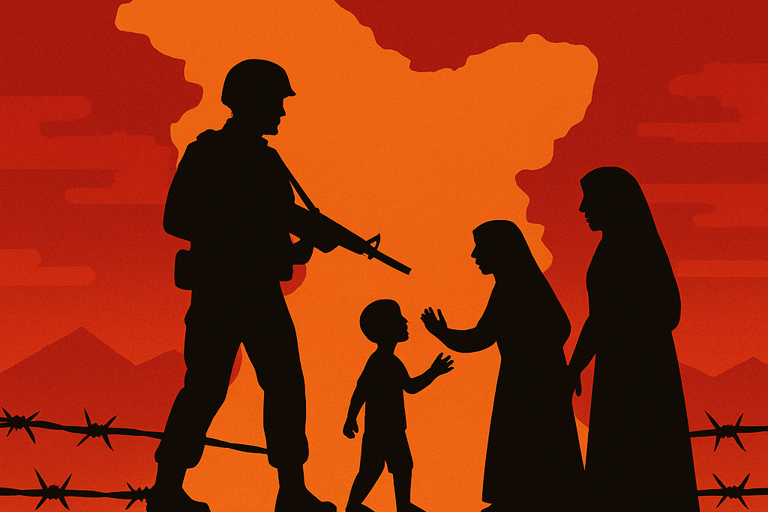

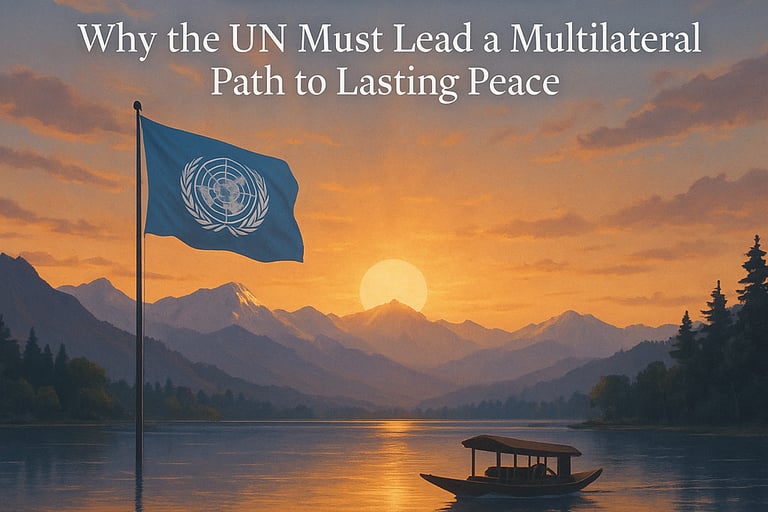

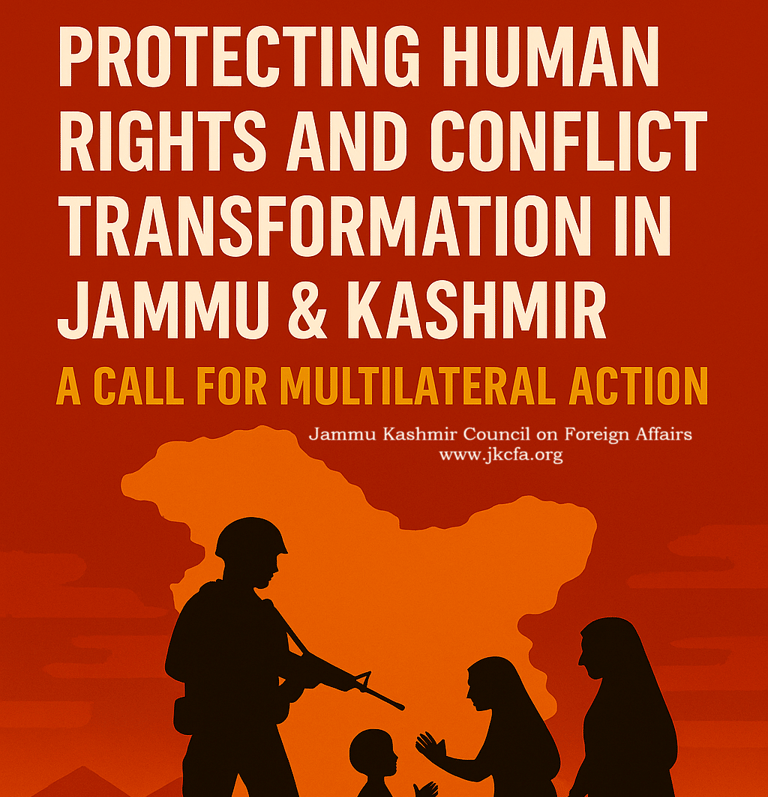

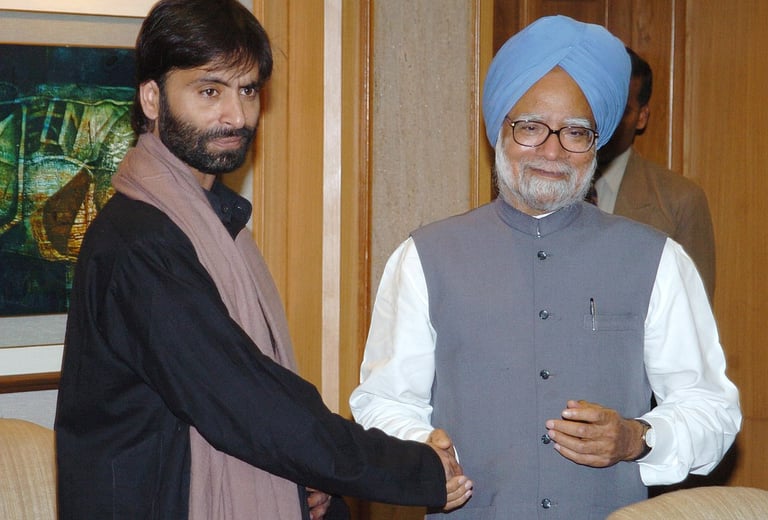

Yasin Malik, born in Srinagar in 1966, has emerged as one of the most influential leaders in Kashmir’s struggle for freedom and political rights. His journey captures the transition of Kashmiri resistance from the revolutionary phase of the late 1980s to a movement increasingly shaped by civil resistance and international advocacy. His lifelong struggle embodies Kashmir’s dynamic history and the resilience of its people’s aspirations for independence, territorial integrity, national unity, and liberation from colonial domination and foreign occupation by all available means, including armed struggle (United Nations General Assembly, 1983).
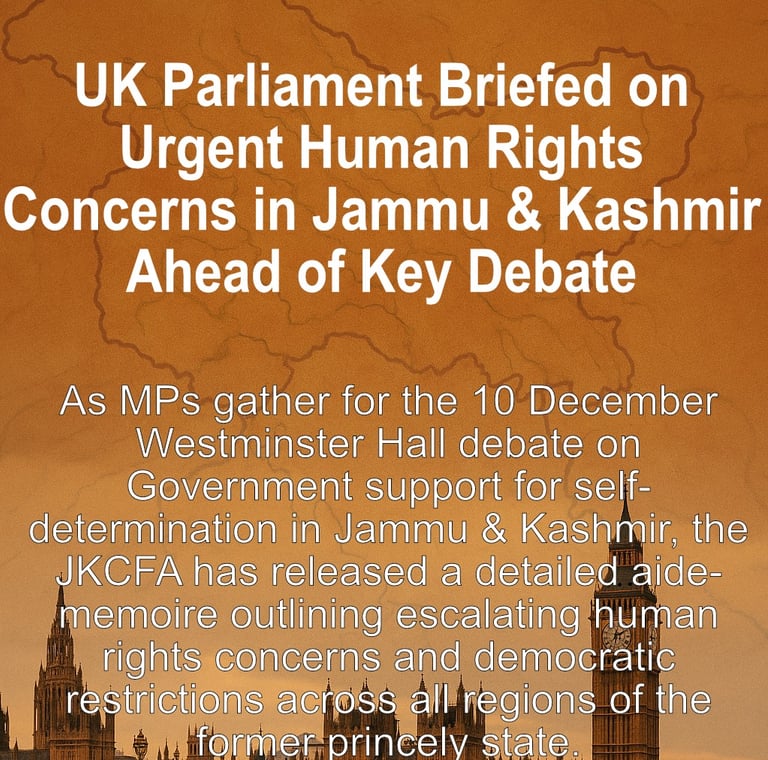

The aide mémoire, prepared by the Jammu Kashmir Civil and Freedom Alliance (JKCFA), warns that serious rights violations persist across all parts of the disputed region, including Indian-administered Jammu, Kashmir and Ladakh, as well as Pakistan-administered Azad Jammu and Kashmir (AJK) and Gilgit-Baltistan (GB). It cites mass detentions, restrictions on free assembly, the use of anti-terror laws against activists, and recent incidents in AJK where protests over economic conditions were met with lethal force.
Jammu & Kashmir Council on Foreign Affairs
JKCFA is an independent UK-based council advocating for peace, justice, and the right to self-determination for the people of Jammu & Kashmir through diplomacy and global engagement.
Engagement
© 2025 Jammu & Kashmir Council on Foreign Affairs. All rights reserved.
